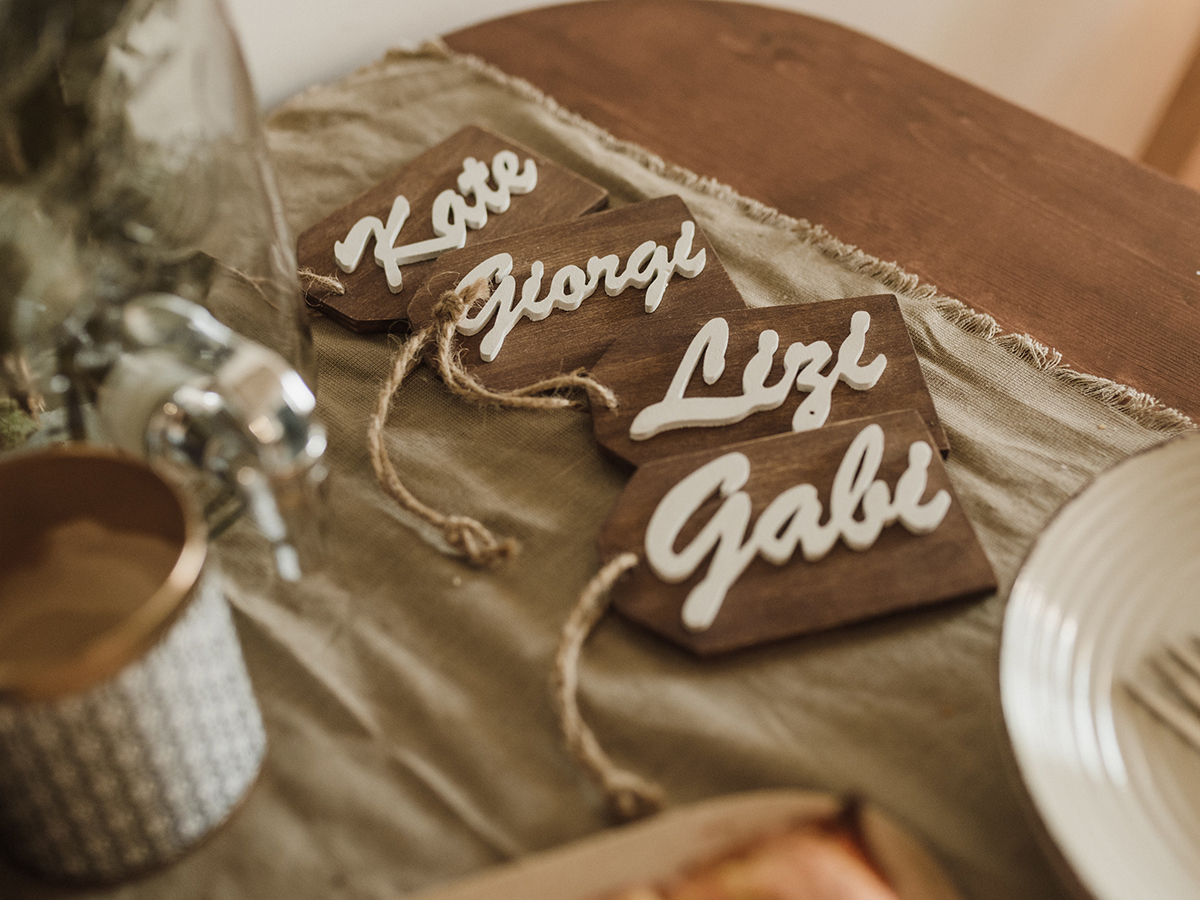
June 12, 2024
Over two years after the Emancipation Proclamation, the African Americans in Galveston, Texas, were finally informed. That particular date, June 19, 1865, has since become a federal holiday to celebrate the emancipation of the four million enslaved African Americans in the United States. The name Juneteenth is a blend between the words “June” and “nineteenth.” The holiday has also been called Jubilee Day, Emancipation Day, Freedom Day, and Black Independence Day. The day was recognized as a federal holiday in 2021 when President Joe Biden signed the Juneteenth National Independence Day Act into law. Juneteenth became the first new federal holiday since Martin Luther King Jr. Day was adopted in 1983. However, the six million African Americans who migrated northward from the South during the Great Migration between 1910-1970 can be given credit for bringing the holiday and its celebrations to the rest of the country.
In the past, African Americans often were prohibited from using public facilities, causing gatherings to be held at local churches or near water. Those Juneteenth celebrations included community cookouts, religious services, family reunions, storytelling, blues festivals, and Miss Juneteenth contests. Red food and drinks were customary, including strawberry sodas, barbecued foods with African American influences, and desserts like cherry pie. The color red was meant to symbolize many things, including resilience, blood shed by enslaved West African ancestors, and transformation. Singings of classic spirituals such as “Nobody Knows the Trouble I've Seen” and “Go Down Moses,” along with readings of works by African American writers, also took place.
Modern-day celebrations still participate in traditional festivities but also emphasize teaching African American heritage. For some, shopping at only Black-owned businesses is how they observe the holiday. For others, tracing their roots and culture is how they choose to commemorate the history of Juneteenth. If you want to learn more about your African American ancestors or just about the African American culture in general, the Midwest Genealogy Center is here to help! Midwest Genealogy Center has a variety of resources on the topic of African American heritage, including manuscripts, spoken word CDs, and a diverse selection of books. The African American Almanac by Leon Ross is a day-by-day guide to African American achievements and those happenings that have affected their history. The African American Family Album by Dorothy Hoobler is a collection of the memories and experiences of people who were first Africans, then enslaved people, and finally African Americans. African American Historic Places describes some 800 places in 42 states and two U.S. territories that have played a role in Black American history, culled from the National Register of Historic Places records. We also offer a variety of classes that can be taken in-person or virtually, including Beginning African American Genealogy.
Happy Juneteenth!!







